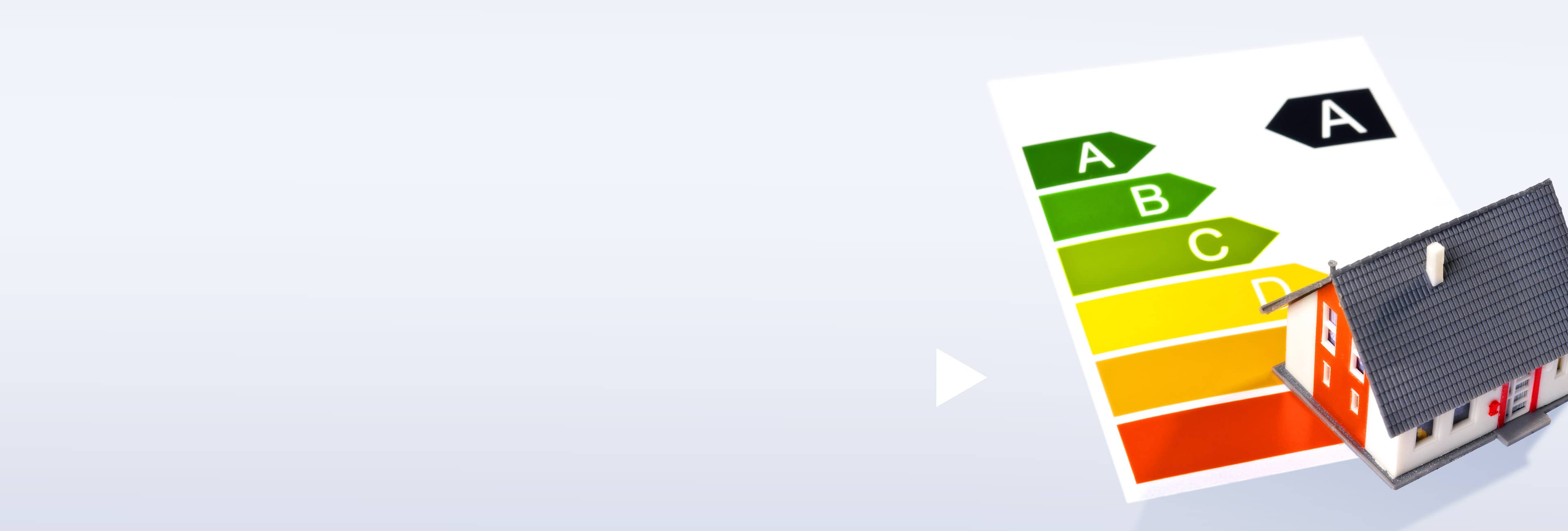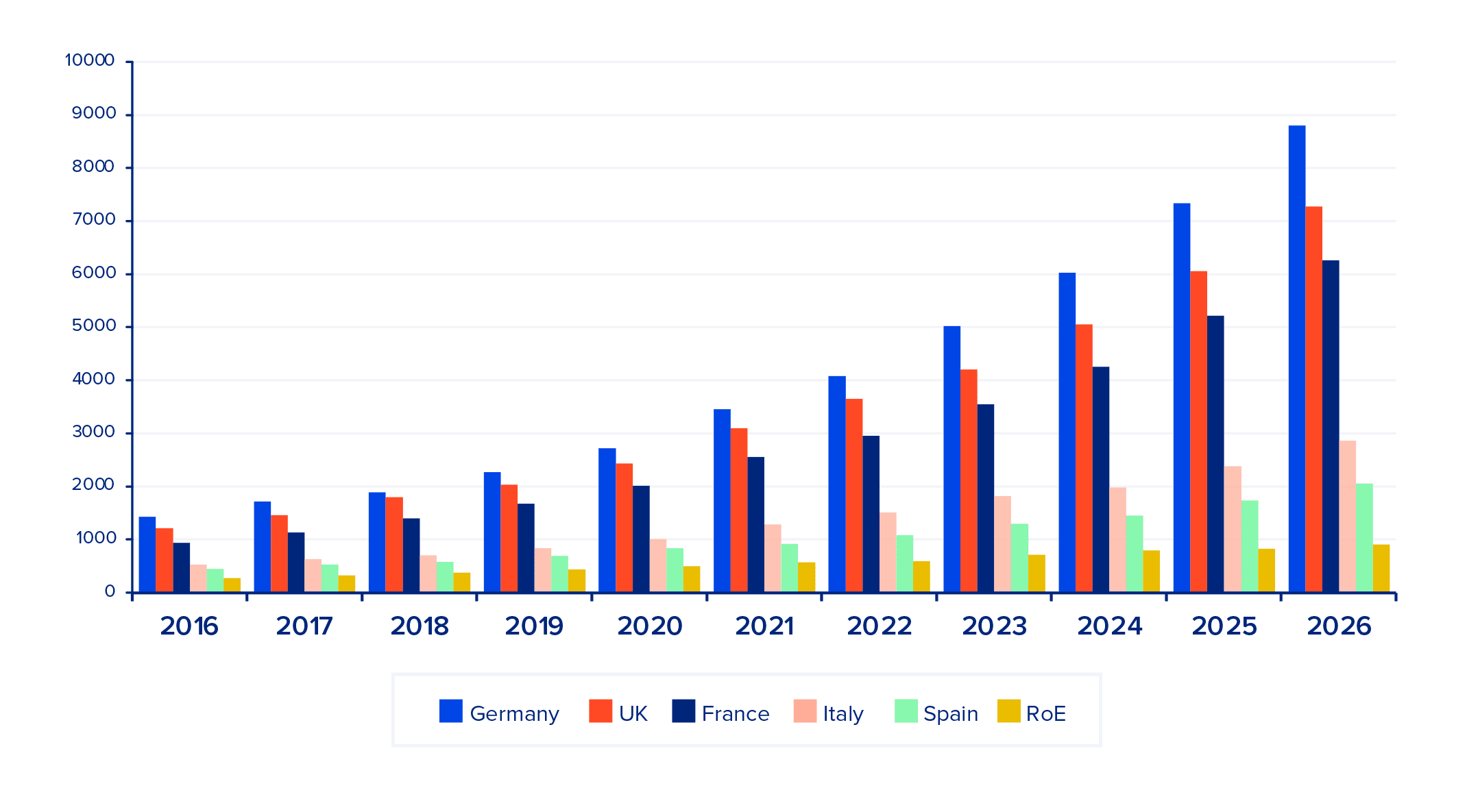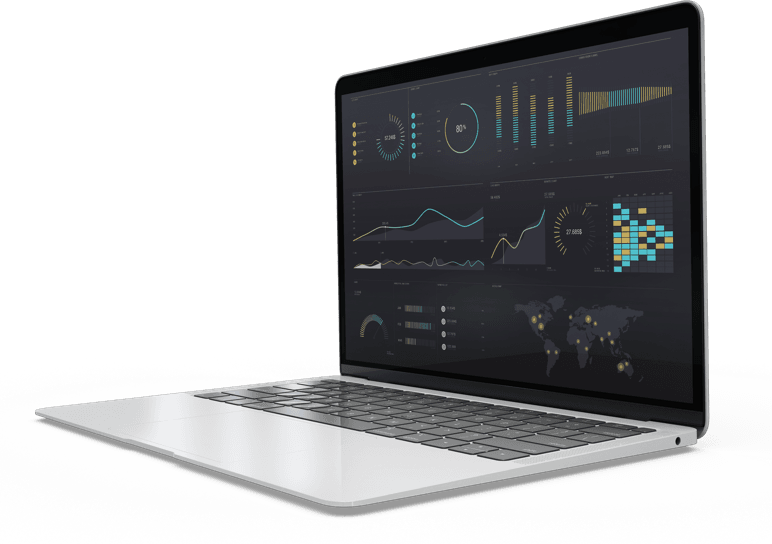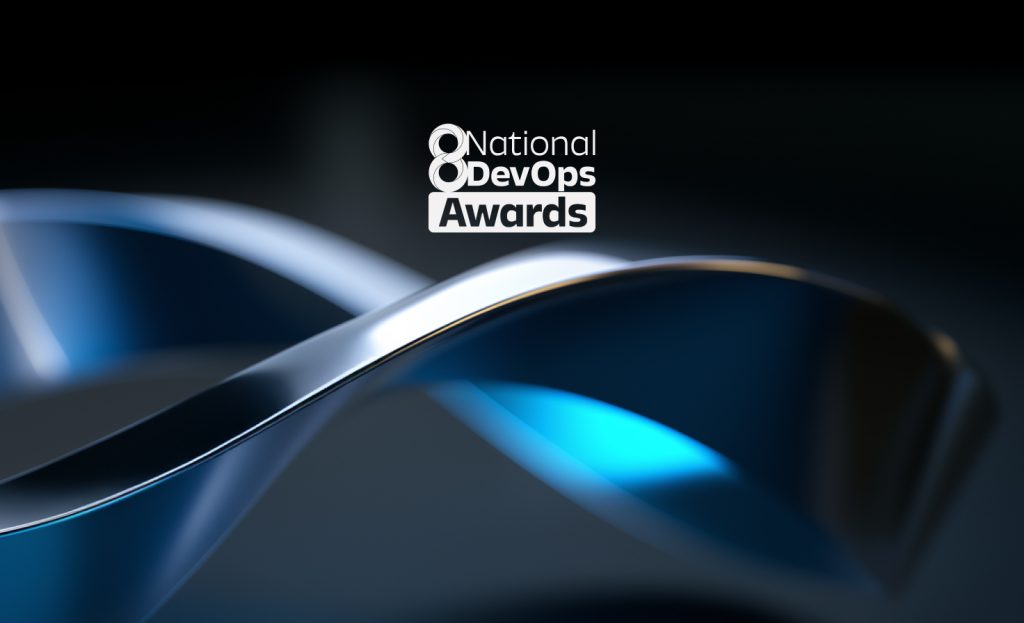
Global lockdowns have triggered the partial, if not entire, shutdown of the vast majority of industrial activities. As a result, electricity demand worldwide has decreased. In fact, according to the World Economic Forum, energy consumption in the US, France, India and the UK dipped by at least 15% during the countries’ respective lockdowns.
It’s worth noting, however, that these reductions have predominantly been seen across the business landscape. Where social distancing restrictions have been in place, there has actually been a slight increase in household energy consumption on weekdays. This demand for extra energy in the home and the gradual reawakening of operations across industry is likely to drive increased demand for energy management systems (EMS). In fact, a report by Research and Markets shows that the EMS market, which is currently valued at $10.55 billion in 2020, is predicted to grow to $30.15 billion by 2025.

Energy management systems powered by IoT sensors can record and analyse energy information in real-time. Energy spikes and voltage changes are among some of the many things that sensors can track and businesses can harness the benefits of EMS, embedded with IoT tech, to identify inefficiencies, pinpoint faults and get valuable insights on how to improve energy efficiency.
Four key uses for IoT in the energy field
IoT energy management can significantly reduce an organisation’s operational expenses, while preparing it for peak demand. And it’s not only businesses which can benefit from developments in energy management technologies. Here are just a handful of common IoT applications:
1. Maintaining balance within energy management
Smart grids powered by IoT technology enable more streamlined and efficient management of household energy demand, green energy production and consumption levels. This, in turn, makes for more efficient load balancing and shedding.
Households can also use smart grids embedded with IoT to:
- Improve the reliability and quality of power and transmission
- Enhance power distribution efficiency and energy utilisation
- Increase the sustainability of residential buildings
- Lower electricity consumption and costs
2. Managing household energy consumption
According to the US Energy Information Administration, in 2019, the average residential electricity bill was $115.49 per month. That’s $1,385.88 a year. IoT energy management systems can automatically regulate building temperature, lighting and ventilation; decreasing energy consumption without compromising residents’ comfort.
The data gathered by IoT systems and smart meter mobile apps can yield many benefits for domestic customers, including:
- Increased energy efficiency and lower electricity bills
- More accurate consumption and spending predictions
- Timely identification and prevention of faults
- Improved comfort
3. Reducing energy usage to bring costs down
A report by Research and Markets indicates that 40% of global energy consumption relates to household buildings, while 30% is down to commercial premises, such as retail stores, hotels, hospitals, etc . Energy management systems powered by IoT can help both the domestic and industrial sectors reduce their energy usage and, thus, their expenditure.
The benefits include:
- Reducing operating costs by optimising energy consumption
- Safeguarding environmental protection regulations through reducing energy usage
- Maximising consumption of locally-produced energy
- Lowering the cost of electric utilities
4. The real-time AI of IoT data
One solution that can greatly enhance the efficiency of a smart home is the digital representation of a physical space – i.e. a real-time data infrastructure with a dashboard. From there, users can easily integrate smart objects and lifestyle products, such as smart TVs, beds, showers, lights, and so on. This gives users two ways to improve their immediate environment. The first is enhancing the comfort in which a household lives and the second is reducing energy usage and footprint.
Benefits for companies:
- Improved value proposition for smart energy companies and electronics manufacturers within the smart home/IoT space
- Easier roll-out of smart meters and sensors
- A potential increase in the sales of smart object
Benefits for users:
- An added opportunity to enrich their lifestyles while spending more time indoors
- The home promotes residents’ well-being

Conclusion
IoT energy management systems without a doubt help to improve decision-making within facilities management. That said, there are still a few limitations to overcome, including:
- Increasing the complexity of smart grids. Some electricity grids may not support hybrid generation, two-way communication and two-way power flow while demand for electricity is rising.
- Guaranteeing a large enough energy supply to operate an IoT system. A considerable amount of energy is needed to run an IoT system and transmit the huge amount of data generated by connected devices. A variety of technologies, each with different standards, that IoT uses have to be connected in order to accurately capture and record data – and safeguard security.
- Providing significant investment to enable IoT energy management. An enterprise-wide implementation of IoT devices requires massive investment, plus changes to an entire IT ecosystem to ensure proper connectivity, data collection and security. However, the savings that result from implementing an energy management system far outweigh the costs.
Ready to discover how you can use the IoT for energy management, improving energy efficiency and achieving a tangible reduction in your energy usage? Want to find out how to optimise your organisation’s energy consumption?
Whether you are just considering the implementation of an IoT solution or are already midway with your software project, our smart team of software experts is ready to join you. We will help you to quickly scale up your capacity and meet a gap in your skillset.
Contact us today to book your consultation.
Related Insights








The breadth of knowledge and understanding that ELEKS has within its walls allows us to leverage that expertise to make superior deliverables for our customers. When you work with ELEKS, you are working with the top 1% of the aptitude and engineering excellence of the whole country.

Right from the start, we really liked ELEKS’ commitment and engagement. They came to us with their best people to try to understand our context, our business idea, and developed the first prototype with us. They were very professional and very customer oriented. I think, without ELEKS it probably would not have been possible to have such a successful product in such a short period of time.

ELEKS has been involved in the development of a number of our consumer-facing websites and mobile applications that allow our customers to easily track their shipments, get the information they need as well as stay in touch with us. We’ve appreciated the level of ELEKS’ expertise, responsiveness and attention to details.

